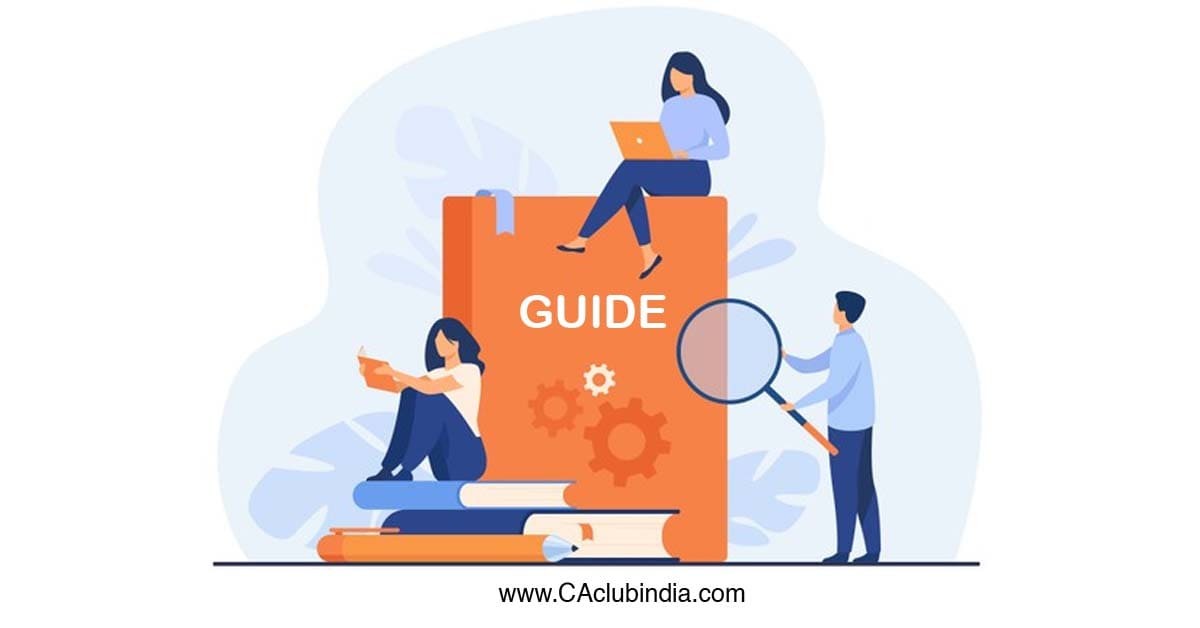Update
In the new tax regime for the FY 2023-24, there's a tax rebate introduced for individuals with an income of Rs 7 lakh.
Income eligible for a tax rebate under Section 87A
If your taxable income is below Rs 5 lakh in the financial year 2023-24 (assessment year 2024-25), you may be eligible for a tax rebate under Section 87A of the Income Tax Act, 1961 under the old tax regime and under the new income tax regime income up to Rs 7,00,000 will be eligible.This rebate can provide you with a maximum benefit of Rs 12,500 under Old tax regime Rs. 25,000 under New tax regime.
Incomes ineligible for tax rebate under section 87A
Incomes not eligible for tax rebate under section 87A include long-term capital gains (LTCG) from equity shares, equity mutual funds, and certain specified incomes. If your total income includes any LTCG under section 112A from the sale of listed equity shares or equity mutual funds, you cannot claim the rebate under Section 87A for the tax payable on such LTCG. LTCG from equity shares and equity mutual funds is taxable at 10% if it exceeds Rs 1 lakh in a financial year, and the rebate does not apply to this tax.
Additionally, certain special incomes are also excluded from the tax rebate. Incomes from gambling, virtual digital assets (VDA), online gaming, lotteries, game shows, or betting are not eligible for the tax rebate under Section 87A. These incomes will be taxed at a flat rate of 30%, along with cess and surcharge (if applicable).

How to claim tax rebate under Section 87A
To claim the tax rebate under Section 87A, you must be an Indian resident individual, and your total income after claiming deductions (such as under sections 80C and 80D) should not exceed Rs 5 lakh in the FY 2022-23.
It's essential to file an income tax return (ITR) to claim the tax rebate under Section 87A. The rebate is not automatically applied, and ITR filing is mandatory if your total taxable income exceeds the basic exemption limit in a financial year.
What are the basic exemption limit?
The basic exemption limit for FY 2023-24 (AY 2024-25) depends on your age and the tax regime you choose. For individuals below 60 years, the basic exemption limit is Rs 2.5 lakh in the old tax regime, and in the new tax regime, it's Rs 3 lakh. The new tax regime allows tax rebate under Section 87A for taxable incomes up to Rs 7 lakh.
It's important to note that the tax rules may change from the current financial year FY 2023-24, and the basic exemption limit and tax rebate under Section 87A may be revised accordingly.
If you have capital gains from assets other than equity shares or equity mutual funds, such as real estate or unlisted shares, you may still be eligible to claim the tax rebate under Section 87A. The rebate can be claimed against LTCG from real estate, unlisted shares, or any other assets, as well as STCG from the sale of equity mutual funds or equity shares taxable under section 111A of the Income Tax Act.
In conclusion, the tax rebate under Section 87A can be a valuable benefit for eligible individuals, helping to reduce their tax burden. To claim the rebate, file your income tax return and ensure that your taxable income does not exceed the specified limit. Remember to stay updated with any changes in tax rules and regulations for each financial year.
The author is a Chartered Accountant with 2 decades of experience into Accounting, Taxation, Auditing, Risk & Compliance, Credit Controls, Due diligence. Currently, the author is the founder and managing partner at RRL Global services.









 CAclubindia
CAclubindia
